"The suckler cow helps generate an economy, keeps jobs in rural Ireland, keeps families living in rural Ireland, and that’s very important. Because if we don’t have the suckler cow and beef industry, rural Ireland will close down and there will be land abandonment here in the west of Ireland."
I used the above sentence in a video produced for the recent Beef Summit held in Co Galway.
Little did I know that less than a month later, it appears that moves are under way to reduce the national suckler herd.
Conditions
The early proposals from the European Commission regarding the €100m beef fund appear to suggest that money will be given to Ireland on condition that the measures taken by Ireland are aimed at reducing production or restructuring the beef sector.
Further, the proposals suggest Ireland should implement one of three options, involving quality schemes, boost market diversification or improve farmers' environmental sustainability.
If the proposals are vague enough from the Commission and do not implicitly state that the suckler herd should be reduced, then I feel that a mechanism can be found within the Department of Agriculture to ensure that those suckler farmers who want to remain producing quality suckler bred animals, can remain doing so.
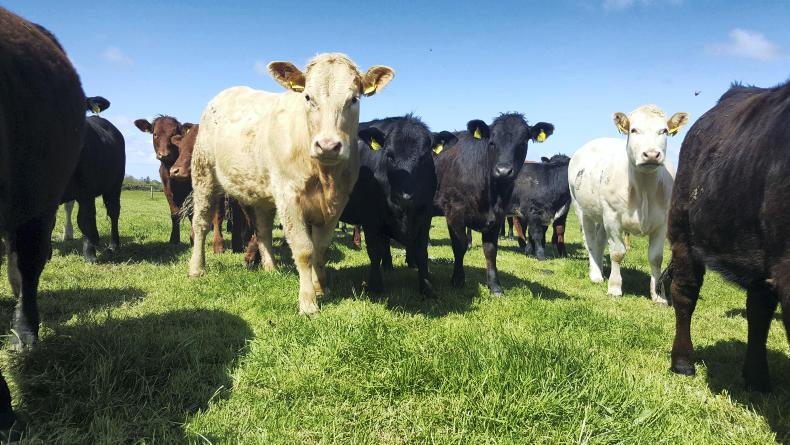
Suckler beef animals on Trevor Boland's farm in Dromard, Co Sligo.
I attended a meeting in Claremorris earlier this week to discuss how the beef fund should be distributed.
While there were differing and varying contributions from those present, the general consensus was that the money should be paid out as quickly as possible and paid to both beef and suckler farmers.
It is absolutely vital that this money is paid out before the start of the autumn weanling sales to ensure buyers are around the ring to purchase weanlings produced from the suckler herd.
Once the cow is gone, she’s gone
Suckler farmers must be encouraged to see a future in maintaining cow numbers, as paying farmers to reduce numbers is short sighted in my opinion.
Once the cow is gone, she’s gone.
No more income from her progeny, no more income from suckler cow schemes, jobs in local marts, shops, restaurants, towns and villages. An entire local economy. A contribution of €1.4bn and 30,000 jobs directly to the economy.
Every suckler farmer knows how hard it is to build cow numbers from a low base, as there is less progeny to sell or cashflow issues as stock numbers are increasing.
Reducing cow numbers now could lead to issues in the future where a new generation of farmers are trying to increase numbers.
The Irish Government, and in particular the Department of Agriculture, needs to respond to the Commission, stating that the suckler cow is vital to farmers here in Ireland and propose measures to ensure this beef fund puts money in the pockets of beef and suckler farmers without delay.
Read more
In pictures: BETTER Farm influence on Sligo farm progression
Inclusion of 'questionable policy' in €100m fund branded as unfair
Brussels wants suckler herd reduction in exchange for €100m beef fund
"The suckler cow helps generate an economy, keeps jobs in rural Ireland, keeps families living in rural Ireland, and that’s very important. Because if we don’t have the suckler cow and beef industry, rural Ireland will close down and there will be land abandonment here in the west of Ireland."
I used the above sentence in a video produced for the recent Beef Summit held in Co Galway.
Little did I know that less than a month later, it appears that moves are under way to reduce the national suckler herd.
Conditions
The early proposals from the European Commission regarding the €100m beef fund appear to suggest that money will be given to Ireland on condition that the measures taken by Ireland are aimed at reducing production or restructuring the beef sector.
Further, the proposals suggest Ireland should implement one of three options, involving quality schemes, boost market diversification or improve farmers' environmental sustainability.
If the proposals are vague enough from the Commission and do not implicitly state that the suckler herd should be reduced, then I feel that a mechanism can be found within the Department of Agriculture to ensure that those suckler farmers who want to remain producing quality suckler bred animals, can remain doing so.

Suckler beef animals on Trevor Boland's farm in Dromard, Co Sligo.
I attended a meeting in Claremorris earlier this week to discuss how the beef fund should be distributed.
While there were differing and varying contributions from those present, the general consensus was that the money should be paid out as quickly as possible and paid to both beef and suckler farmers.
It is absolutely vital that this money is paid out before the start of the autumn weanling sales to ensure buyers are around the ring to purchase weanlings produced from the suckler herd.
Once the cow is gone, she’s gone
Suckler farmers must be encouraged to see a future in maintaining cow numbers, as paying farmers to reduce numbers is short sighted in my opinion.
Once the cow is gone, she’s gone.
No more income from her progeny, no more income from suckler cow schemes, jobs in local marts, shops, restaurants, towns and villages. An entire local economy. A contribution of €1.4bn and 30,000 jobs directly to the economy.
Every suckler farmer knows how hard it is to build cow numbers from a low base, as there is less progeny to sell or cashflow issues as stock numbers are increasing.
Reducing cow numbers now could lead to issues in the future where a new generation of farmers are trying to increase numbers.
The Irish Government, and in particular the Department of Agriculture, needs to respond to the Commission, stating that the suckler cow is vital to farmers here in Ireland and propose measures to ensure this beef fund puts money in the pockets of beef and suckler farmers without delay.
Read more
In pictures: BETTER Farm influence on Sligo farm progression
Inclusion of 'questionable policy' in €100m fund branded as unfair
Brussels wants suckler herd reduction in exchange for €100m beef fund






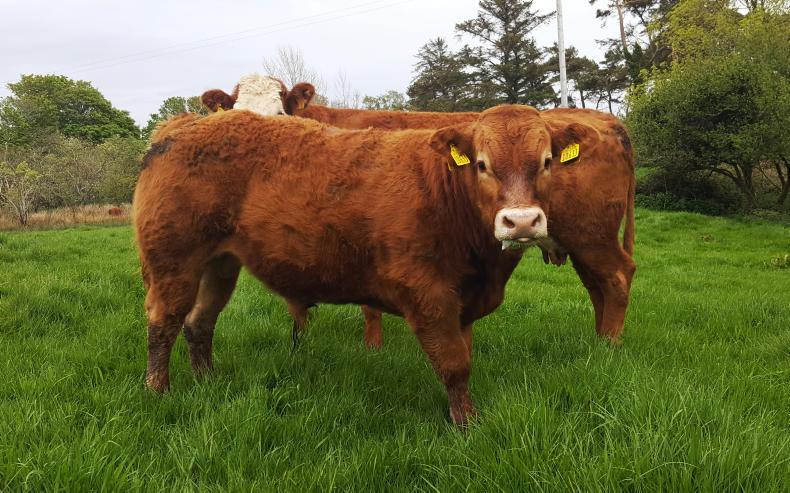
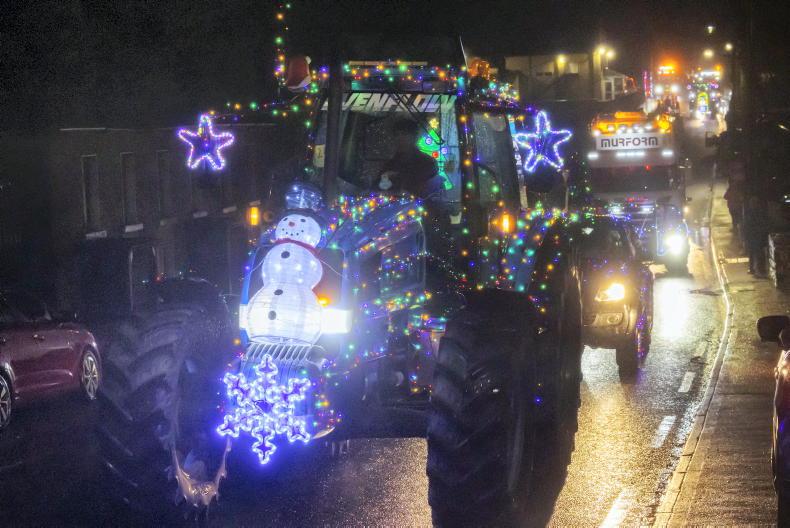
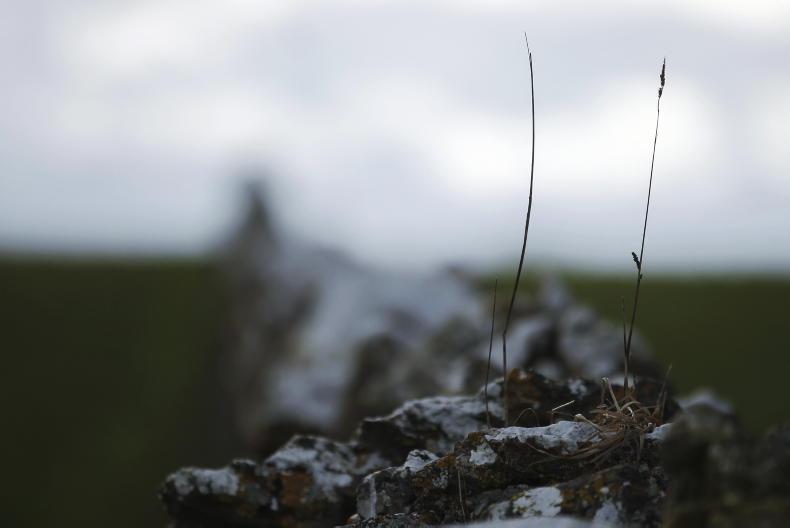
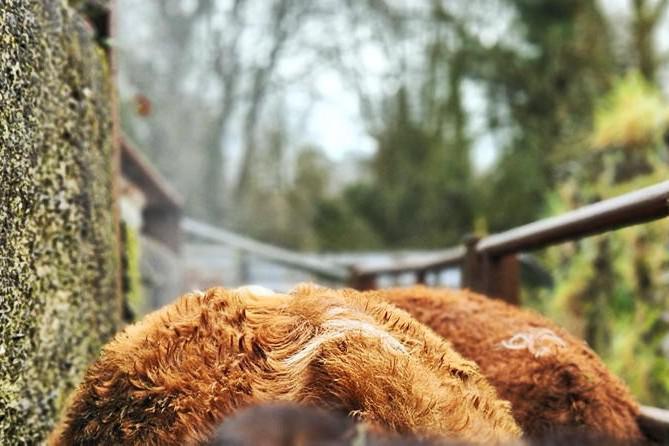
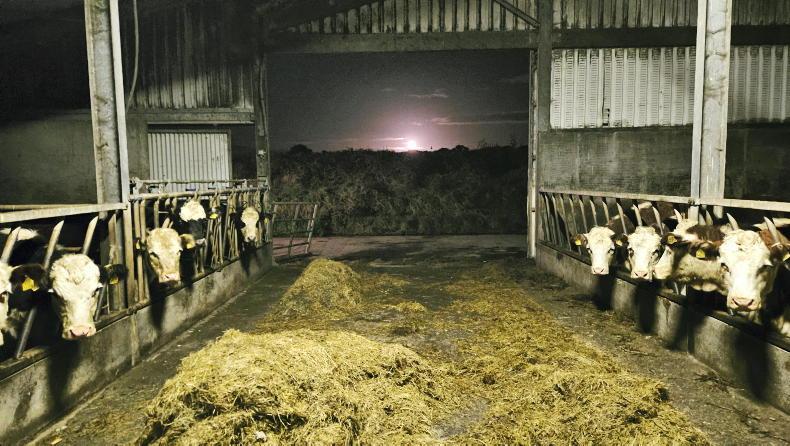
SHARING OPTIONS